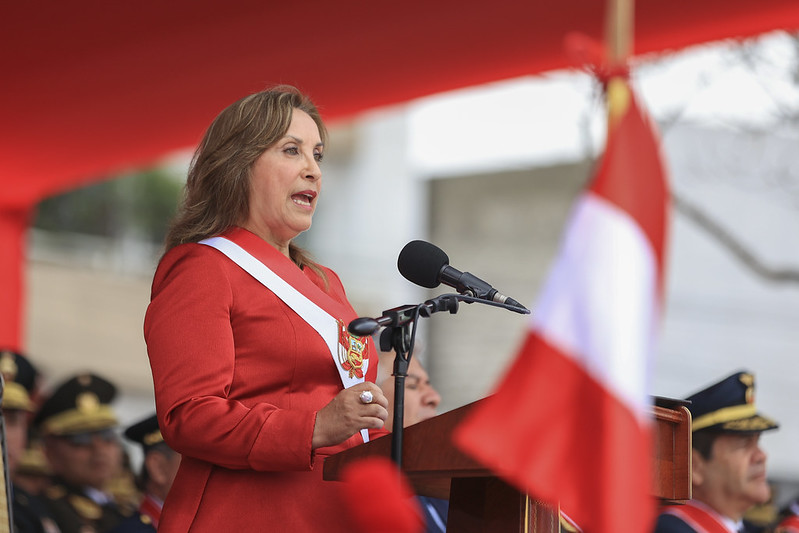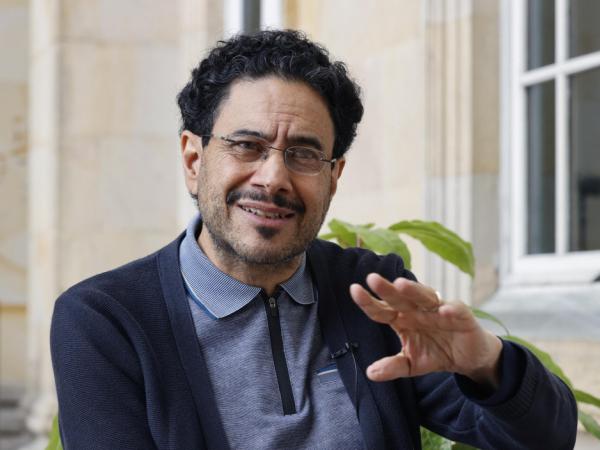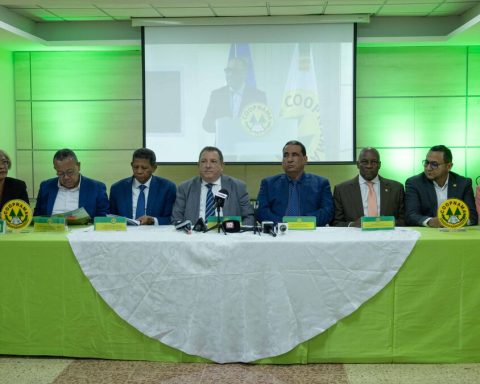Cesar Arellano Garcia
The newspaper La Jornada
Wednesday, September 25, 2024, p. 5
The 16 judges of the federal labor court for individual matters of Mexico City requested an audience with the president-elect, Claudia Sheinbaum Pardo, as well as with legislators from the different benches, so that a commission of specialized judges in the matter can explain the need to give a differentiated treatment to the labor justice system applied due to the reforms of May 1, 2019, and in this way the regulatory norms of the judicial reform are implemented in a harmonious manner with international treaties and with the human rights recognized in the Constitution.
In a document, they also requested that the labor justice system that they represent as specialized experts in the field be preserved in secondary laws, in order to, in reciprocity with international trading partners, comply with Annex 23 of the T-MEC.
If it is not possible to address the above point, it is requested that the system of electing judges and magistrates specialized in the matter by popular vote be postponed, during the time that the trade agreement between Mexico, the United States and Canada is in force.
They considered that the reservation that must be contemplated in the regulatory legislation of the judicial reform must have an election method other than the popular and direct vote, without losing its democratic spirit, for which they suggested the application of competitive examinations open to the entire population, in which law graduates can participate in a general way, regardless of whether they are part of the Judicial Branch.
That the competitions have three stages, the first consisting of a theoretical questionnaire, the second by the elaboration of a practical case, and the third by an oral examination before a synod that has extensive knowledge of the subject.
This is supported by the fact that there is no greater democratising exercise than that which allows any person to compete for, to access, the position of district judge specialising in labour matters, provided that it is demonstrated that said participant is the most suitable, by meeting the principles of impartiality, excellence, professionalism and objectivity.
.
















